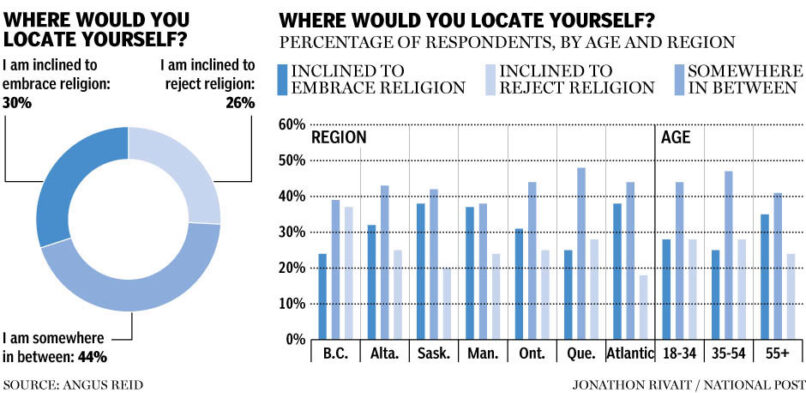Tradition: But, we’ve always done it that way…
April 17, 2015 Comments Off on Tradition: But, we’ve always done it that way…Read moreTradition: It can make life rich (big ethnic holiday feasts) and sometimes limited (seemingly arbitrary social taboos about clothing), but where does it stem from?
New research out of Karolinska Institutet’s Emotion Lab in Sweden attempts to answer that question, by creating a psychological model behind the notion of tradition. It turns out that humans have a tendency to be quite sheep-like: the researchers found that it likely comes from a threat of punishment – as well as people’s willingness to copy others.









